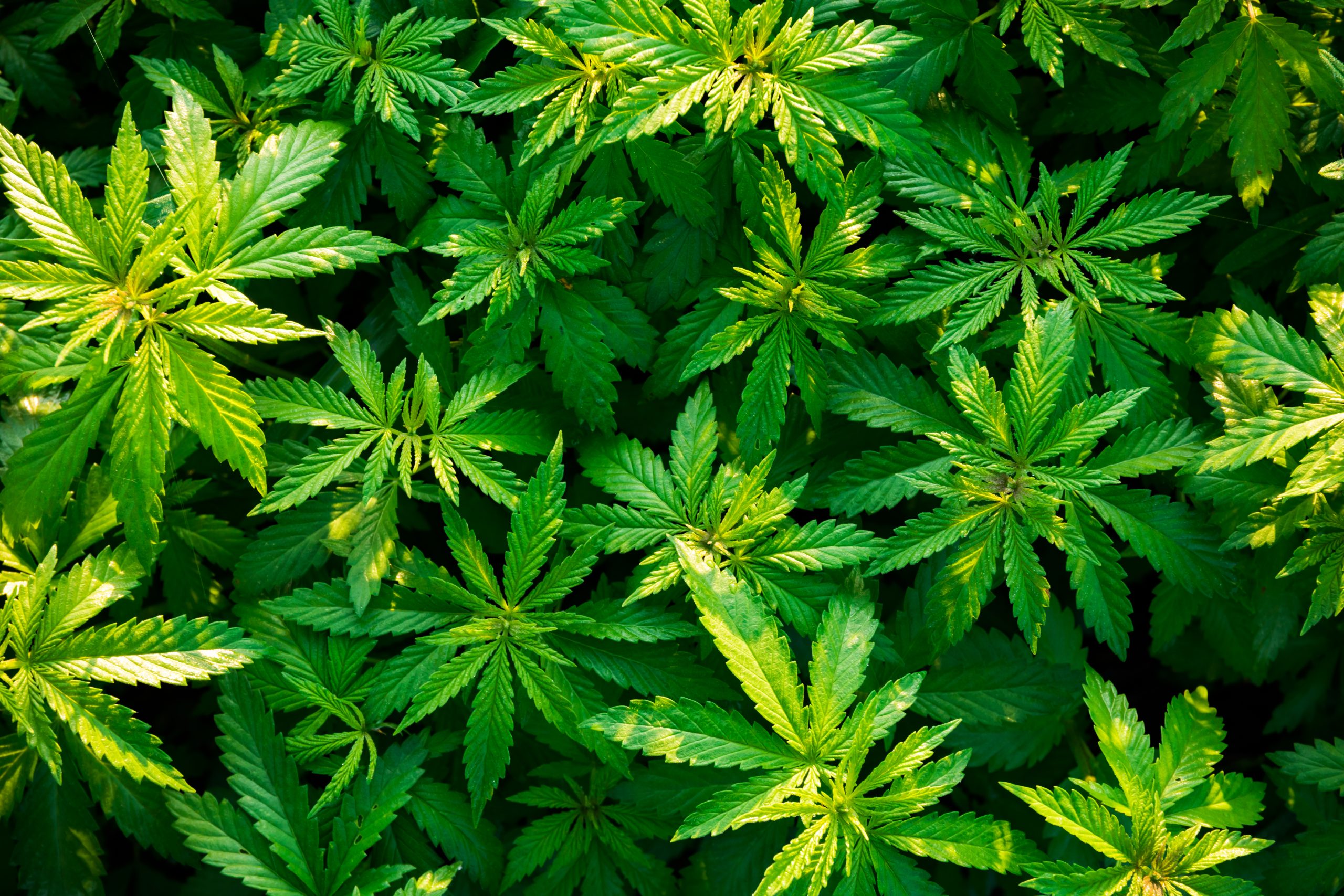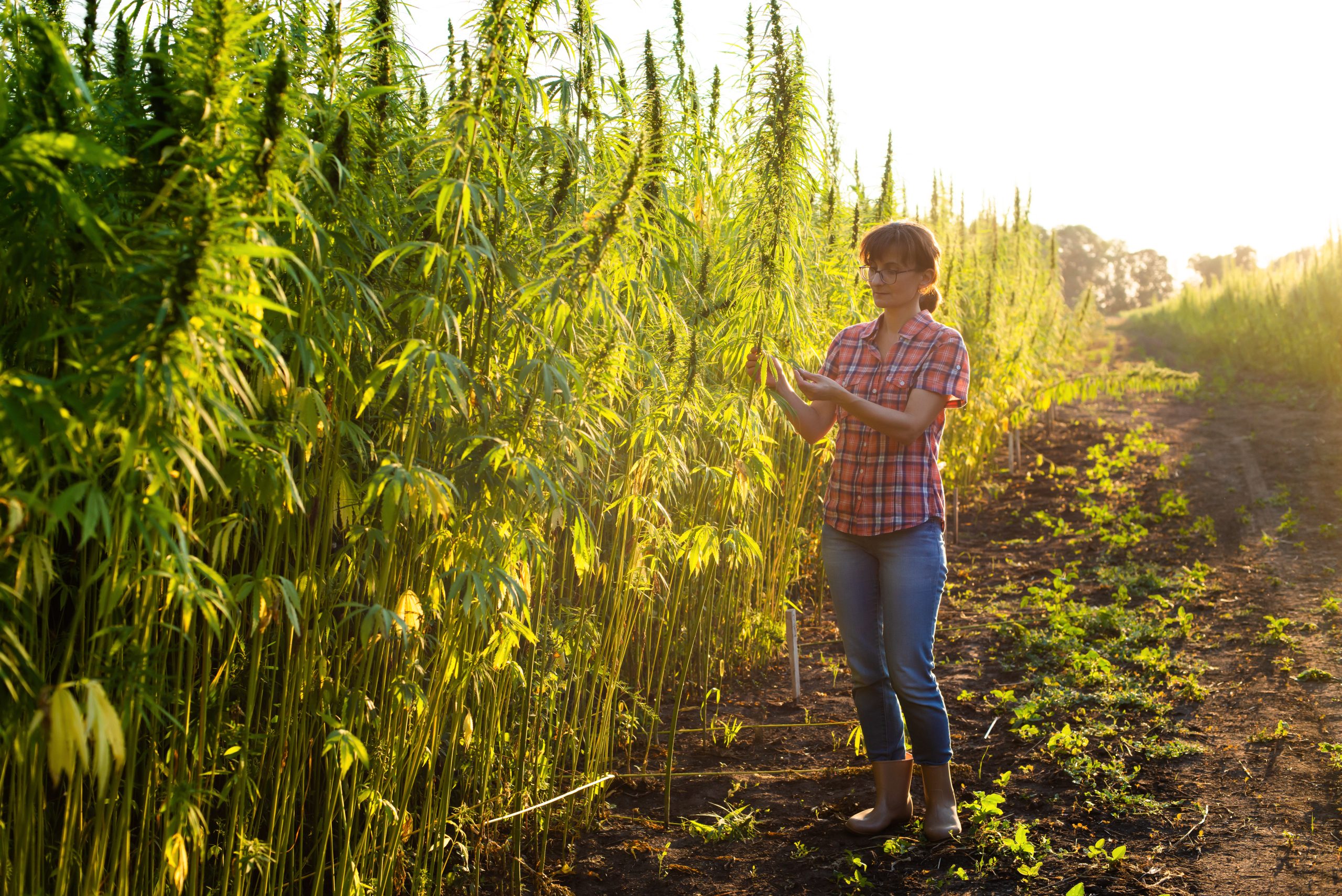Shredding cannabis plant waste serves several important purposes:
- Volume Reduction: Cannabis plants can be quite bulky, especially after harvest. Shredding reduces the volume of plant waste, making it more manageable for storage, transportation, and disposal.
- Accelerated Decomposition: Smaller plant particles decompose faster. Shredding breaks down the plant material into smaller pieces, exposing more surface area to microbes and speeding up the decomposition process.
- Odor Reduction: Cannabis plant waste can produce strong odors as it decomposes. Shredding helps distribute and mix the waste more effectively, reducing the intensity of odors, especially in enclosed spaces.
- Composting Efficiency: Shredded cannabis plants are ideal for composting. The smaller particles mix well with other organic matter, creating a balanced compost pile that enriches the soil with valuable nutrients.
- Regulatory Compliance: In some regions, regulations dictate proper disposal methods for cannabis waste to prevent unauthorized use. Shredding can render the plant material unusable and comply with disposal guidelines.
Overall, shredding cannabis plant waste is an effective way to manage disposal, promote decomposition, and potentially repurpose the waste for beneficial uses like composting while meeting regulatory requirements.
Yes, regulations and guidelines for disposing of cannabis plant waste vary significantly based on local, state/provincial, and national laws. These regulations often outline specific requirements for handling, processing, and disposing of cannabis plant waste to ensure it’s managed safely and securely.
Some common aspects covered by regulations are:
- Disposal Methods: Regulations may specify approved disposal methods such as composting, incineration, or rendering the waste unusable before disposal.
- Security Measures: To prevent unauthorized access or use, guidelines often require measures like mixing waste with non-cannabis materials or rendering it unrecognizable before disposal.
- Record-Keeping: Some regions mandate detailed records of the disposal process, including quantities disposed of, methods used, and locations where the waste is processed or destroyed.
- Transportation Requirements: There might be rules governing the transportation of cannabis waste, including specific containers, labeling, or documentation during transit.
- Reporting Obligations: Certain jurisdictions require reporting to regulatory agencies regarding disposal activities to ensure compliance with established guidelines.
- Permitting and Licensing: Commercial cannabis growers or processors may need specific permits or licenses for waste management, and there might be fees associated with these permits.
Ensuring the secure disposal of cannabis waste involves several measures to prevent unauthorized access or use. Here’s a guide to help:
1. Rendering Waste Unusable:
- Shredding or Grinding: Use industrial shredders or grinders to break down cannabis waste into unrecognizable pieces, making it challenging for unauthorized use.
- Mixing with Other Materials: Combine cannabis waste with non-cannabis organic material, soil, or other substances to dilute and render it unusable.
2. Controlled Access and Storage:
- Secure Containers: Use locked bins or containers for storing cannabis waste before disposal to prevent unauthorized access.
- Restricted Access: Limit access to the disposal area, ensuring only authorized personnel can handle or manage the waste.
3. Documentation and Compliance:
- Record Keeping: Maintain detailed records of waste disposal activities, including quantities, disposal methods used, and locations of disposal.
- Compliance with Regulations: Adhere to local laws and regulations regarding disposal methods and security measures.
4. Monitoring and Oversight:
- Surveillance: Implement surveillance systems to monitor waste disposal areas and deter unauthorized access.
- Regular Audits: Conduct periodic audits to ensure compliance with established disposal protocols.
5. Professional Disposal Services:
- Utilize Authorized Services: Engage with authorized waste disposal companies familiar with handling cannabis waste and complying with regulations.
- Consult Experts: Seek guidance from waste management professionals or legal experts to ensure proper disposal practices.
By implementing these measures, you can significantly reduce the risk of unauthorized access or use of cannabis waste, ensuring compliance with regulations while prioritizing security and responsible waste management.
Some industries repurpose shredded cannabis plants for biofuels, animal bedding, horticultural uses, and research and development. However, it’s important to note that repurposing shredded cannabis plants for alternative uses might be subject to local regulations and industry-specific standards. Additionally, repurposing options can depend on the specific strains of cannabis, processing methods, and the quality of the shredded material. Always ensure compliance with local laws and regulations when exploring alternative uses for cannabis plant waste.
Yes, regulations regarding the disposal of cannabis waste by commercial growers often exist and can be quite stringent. These regulations aim to ensure responsible and secure disposal practices to prevent unauthorized use, diversion, or environmental harm.
Commercial growers are typically subject to strict regulations to ensure the proper disposal of cannabis waste, and non-compliance can result in penalties, fines, or the loss of licenses. It’s crucial for commercial growers to stay updated on local laws and work closely with legal experts or regulatory agencies to ensure compliance with waste disposal guidelines.
Mixing shredded cannabis plants with other organic waste for composting is a viable and beneficial practice. When combined with other organic materials, shredded cannabis plants contribute valuable organic matter to the compost pile.


